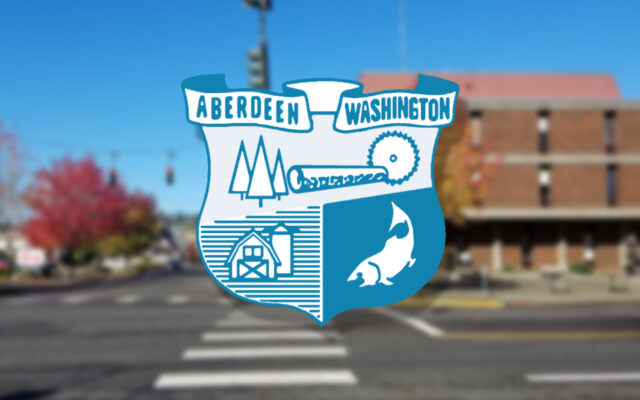Health officials warn of risks of in-person events could mean new restrictions; include Thanksgiving

As Thanksgiving approaches, health officials in Washington are warning that the event could become a superspreader. IN addition, with the current rate of transmission in the state there could be further restrictions put in place unless cases begin to decline ahead of the holiday.
At a news conference on Wednesday, numerous state health officials joined together to warn that the increase in COVID-19 activity statewide extremely is concerning as holiday season nears. They are calling for renewed efforts now.
On Wednesday, the Washington State Department of Health (DOH) released the latest statewide situation report on COVID-19 transmission, which shows disease transmission is happening at an accelerated pace across the entire state.
State Health Officer Dr. Kathy Lofy stated during the conference that the rate of infection statewide is concerning and the curve needs flattened again.
During the briefing, state and local public health experts addressed the rapid increase of COVID-19 transmission occurring across the state, and called for renewed efforts to stop the spread ahead of the holiday season:
Lacy Fehrenbach, Deputy Secretary of Health for COVID-19 Response with the Washington State Department of Health stated;
They say that the disease is spreading rapidly across Washington. The best estimates show the reproductive number, or how many new people each COVID-19 patient will infect, currently sat at 1.29 in Western Washington and 1.36 in Eastern Washington as of October 30. The goal is a number well below one.
From mid to late-October, case counts and hospitalizations have increased in both sides of the state. Although some of the increase in cases through early October is related to increased testing volumes, more recent case counts in both eastern and western Washington have increased, despite testing volumes being flat.
They add;
- Our current situation is extraordinarily urgent. We’re seeing explosive growth of COVID-19 statewide and are running out of time to change direction.
- When COVID-19 transmission increases, and our hospitals and healthcare workers get overwhelmed, we all suffer. Hospitalization for COVID-19 happens to people of all ages, but the consequences are wide-ranging. People who need care for other things like biopsies or mammograms suffer, and their procedures get canceled.
- We need a radical approach to safety. If we don’t act today, there can be no safe gatherings two weeks from now. If you want to have even a small Thanksgiving gathering, consider quarantining now. Keep gatherings outside, stay 6 feet from those you don’t live with, and mask up.
- We can’t give up. We have pandemic fatigue and have already made a lot of sacrifices. Now we’re being asked to make more sacrifices before the holidays. Yet, our experiences so far tell us that we can and will save lives when we wear masks and change how we gather.
Hospitalizations will continue to rise in western Washington even if cases start to plateau. Hospital admissions in western Washington have been increasing since the start of October. Because patients may stay in the hospital for up to several weeks, hospital occupancy will continue to rise for some time after hospital admissions level off.
Christopher Spitters, Professor of both Infectious Diseases and Epidemiology at the University of Washington Schools of Medicine and Public Health, said that if social gatherings that increase infection rate don’t decline, the state could be at risk of further restrictions.
Prior to Thanksgiving, officials ask that Washingtonians;
- Wear a mask around people you don’t live with (even close friends and family).
- Stay home as much as possible, limit the number, size and frequency of gatherings, and only attend gatherings that are essential.
- Wash your hands frequently, get your flu shot, and stay home if you’re sick.
- People who want to visit family for Thanksgiving should limit themselves to only the most essential activities now, and essentially quarantine for two weeks before even a small outdoor gathering.
Get tips for safer gatherings and ideas for alternative celebrations here.
You Might Also Like



